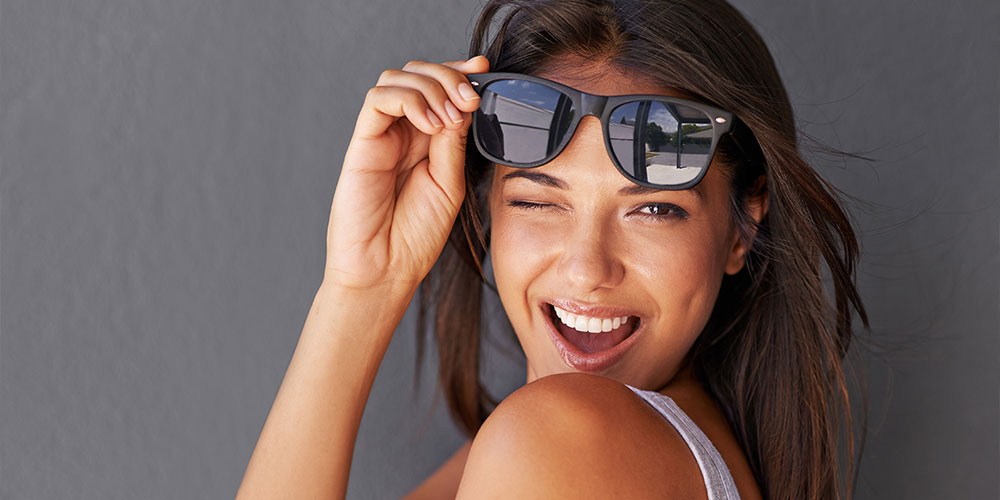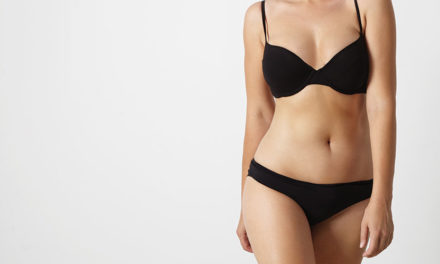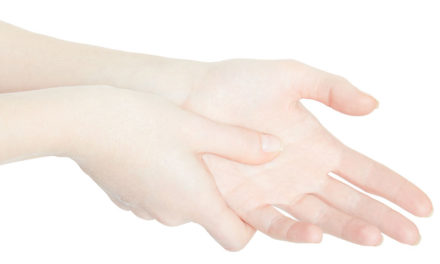In the summer, we take extra precautions to protect our health — apply more sunscreen, limit exposure to extreme heat, and drink more water to stay hydrated. However, many people forget about protecting their eyes. Stepping outside without proper preparations can lead to an array of vision complications and, in some cases, permanent damage. From picking out the right sunglasses to mitigating pre-existing eye conditions, here are three tips to help you protect your eyes during the summer months.
Select the proper sunglasses.
Not all sunglasses are created equal. Picking out the perfect pair of summer shades is more than how dark the lenses are or the price tag — it’s about how much of the sun’s ultraviolet rays they block out. Overexposure to UV rays can cause damage to your eyes, like cataracts, corneal burns, and macular degeneration. To protect your eyes, lenses should block at least 95% of UVA and 99% of UVB rays from the sun. Not sure if the pair you’re looking at meets these requirements? Read the label before purchasing.
It’s also important to ensure the sunglasses you wear fit your face shape. The lenses should be large enough to cover your eye and fit close to your face. A too-tight pair will make it uncomfortable to wear, and a too-loose pair will slip off your face and let UV rays get to your eyes.
A new generation of Transitions brand lenses (lenses that darken when you go outside and lighten when you return indoors) launched just weeks ago. They are faster than ever and come in many stylish colors. They are fully protective and act, protect, and comfort even when you forget your sunglasses.
Don’t swim in contact lenses.
Whether heading to the pool, lake, or ocean, taking your contact lenses out is best. Swimming with contacts can cause irritation, redness, dryness, and larger problems like corneal abrasions and eye infections. While their design might lead you to think it’s an added barrier of protection to your eyes, that’s not necessarily the case. Your lenses are permeable, letting your eyes breathe beneath their barrier. This means the water and bacteria collecting in the lens can enter your eye or get stuck between your eyeball and the lens. If you decide to swim in your lenses, invest in disposable ones or a pair of air-tight swimming goggles.
Keep your eyes moisturized.
The heat and dryness of the summer months can impact your eye’s moisture, especially for those who already experience dry eye. Dry weather does not often affect us in the South, but your eyes may feel drier than usual if you plan to travel somewhere with a more desert climate. Adequate hydration is one way to combat symptoms. Additionally, you can use over-the-counter eye drops like Refresh, Blink, or Systane, wear sunglasses, and lay a cool compress over your eyes. Brand new prescription-strength dry eye medications have also recently come to market with great success. Ask your doctor about Miebo as an example. If symptoms persist, always consult a professional.
If you have any questions about your eye health and the steps needed to protect it, schedule an appointment with an optometrist. For more information, please contact The Eye Center at 901.722.3250 or visit Eyecentermemphis.com.
Dr. Christopher Lievens, OD MS PhD, is a professor and director of research at Southern College of Optometry. He has published scientific research and lectured on topics — such as eye disease, contact lens solutions, and optometric management — and is a peer reviewer for many optometric and ophthalmology journals. Additionally, he specializes in adult primary care at The Eye Center.







